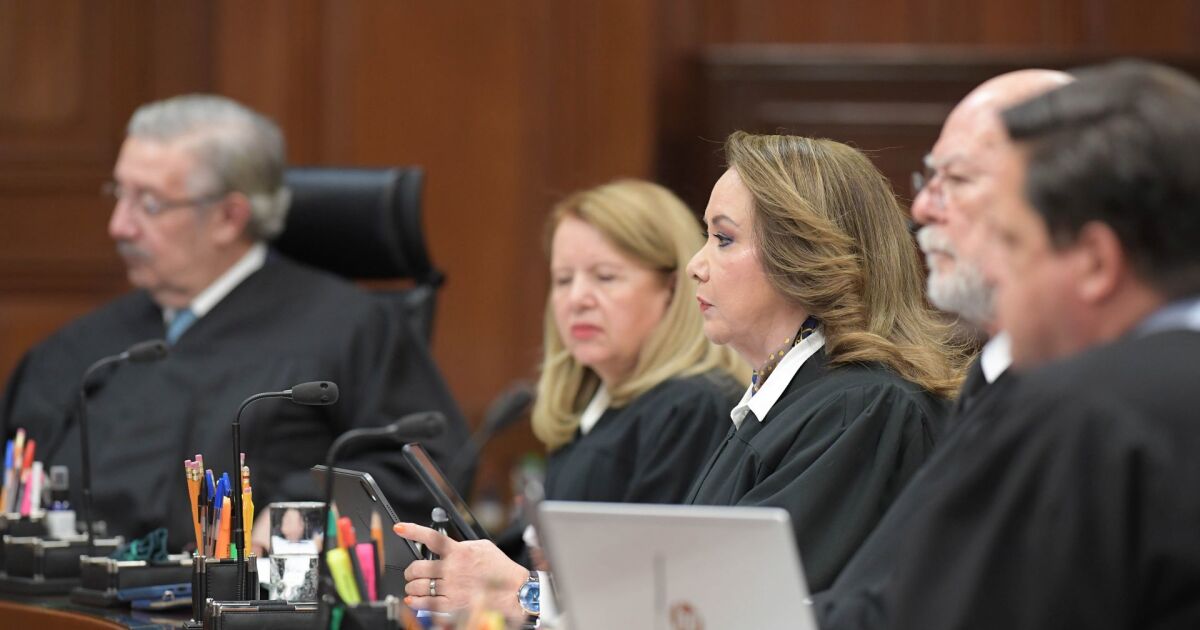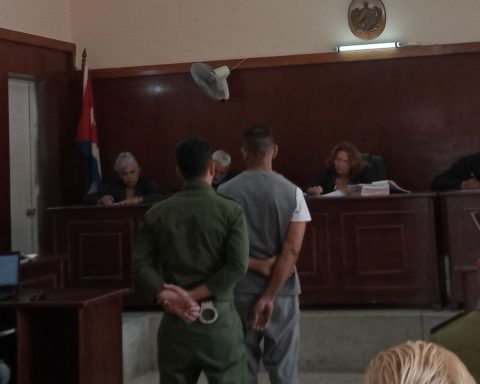Basic rules of the election remain in place, such as prohibition of partisan participation, purchase of radio and television stations, or use of public resources.
“For all elected positions within the Judicial Branch of the Federation, public or private financing of their campaigns will be prohibited, as well as the hiring, by themselves or through an intermediary, of spaces on radio and television or any other means of communication to promote candidates. Political parties and public servants will not be able to carry out acts of proselytism or take a position for or against any candidacy.”
Term of office
In the case of those who hold office, participate in the process and are not left, their functions will end as soon as those elected are sworn in.
“Those elected will take office before the Senate of the Republic on September 1, 2025.”
The ministers will remain in office for 12 years and the presidency of the Court will be renewed every two years, “on a rotating basis based on the votes obtained by each candidate in the respective election, with the presidency going to those who obtain the most votes.”
Magistrates and judges “shall hold office for nine years and may be re-elected consecutively each time their term ends. They may not be reassigned outside the judicial circuit in which they were elected, unless determined by the Judicial Disciplinary Tribunal for exceptional reasons, and may be removed in the cases and in accordance with the procedures established by law.”
If there is an absence of ministers, magistrates, or judges for more than one month due to death, illness, or another reason, the person who followed them in voting will assume office and the Senate will swear them in.
Organization of the SCJN
The original initiative, which seeks to limit the earnings of all members of the Judicial Branch to the salary of the person occupying the presidency, was preserved, and an internal reorganization of the SCJN is planned, since the administration of the Judicial Branch of the Federation will be in charge of a judicial administration body, but the enforcement of the discipline of its personnel will be the responsibility of the Judicial Disciplinary Tribunal.
“The Judicial Disciplinary Tribunal shall conduct and substantiate its proceedings promptly, completely, expeditiously and impartially, in accordance with the procedure established by law.”
Furthermore, “any person or authority may report to the Judicial Disciplinary Court any acts that could be subject to administrative or criminal liability committed by any public servant of the Judicial Branch of the Federation, including ministers, magistrates and judges, in order to investigate and, where appropriate, sanction the reported conduct.”
Charges are extended and others are eliminated
For a one-time only, it is established that the magistrates of the Superior Chamber of the TEPJF will remain in office until 2027 so that they can review this extraordinary electoral process.
The current members, whose terms expire next year, will be eligible for re-election and their positions will last six years, so there will be no staggering.
The law – it is stated – will provide for the extinction of the Specialized Regional Chamber of the TEPJF no later than September 1, 2025, so its magistrates will not be subject to election in 2025.
The labor rights of employees of the Judicial Branch of the Federation and of the federal entities will be fully respected.

















